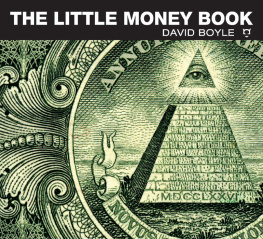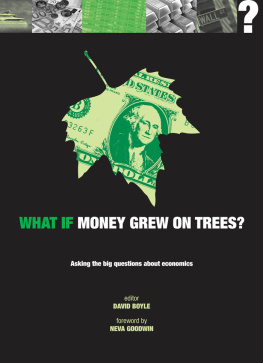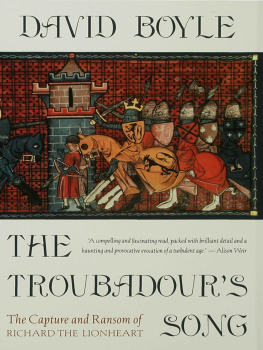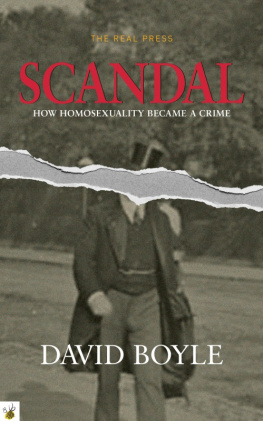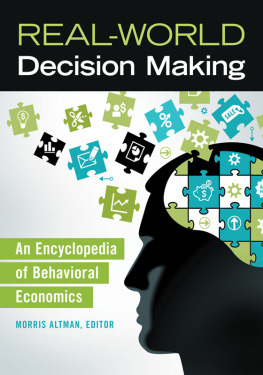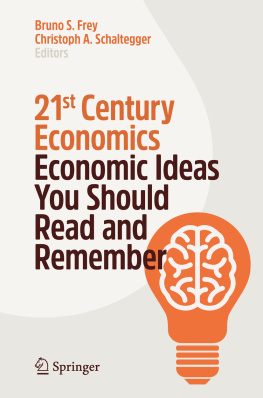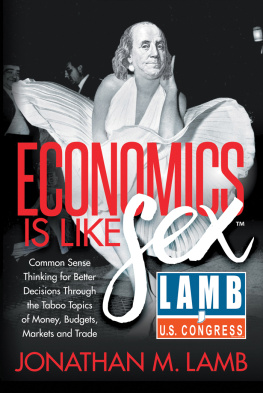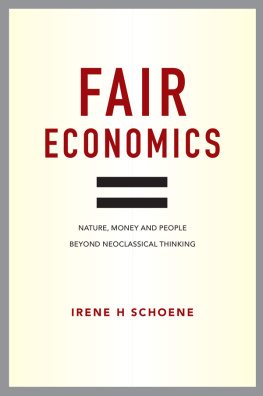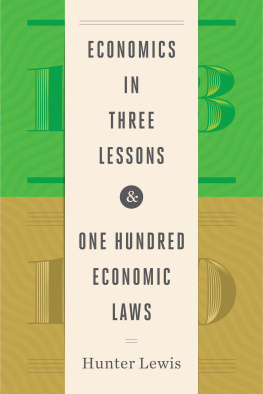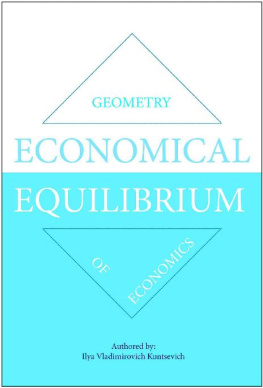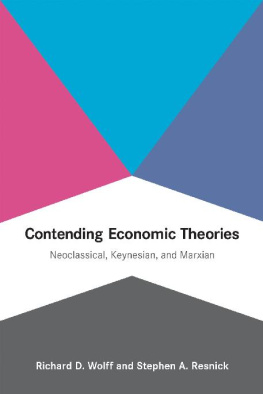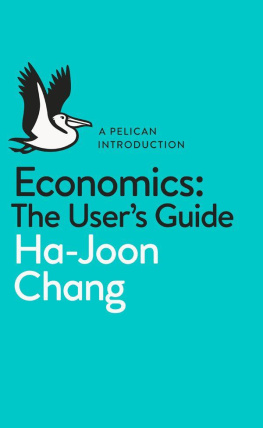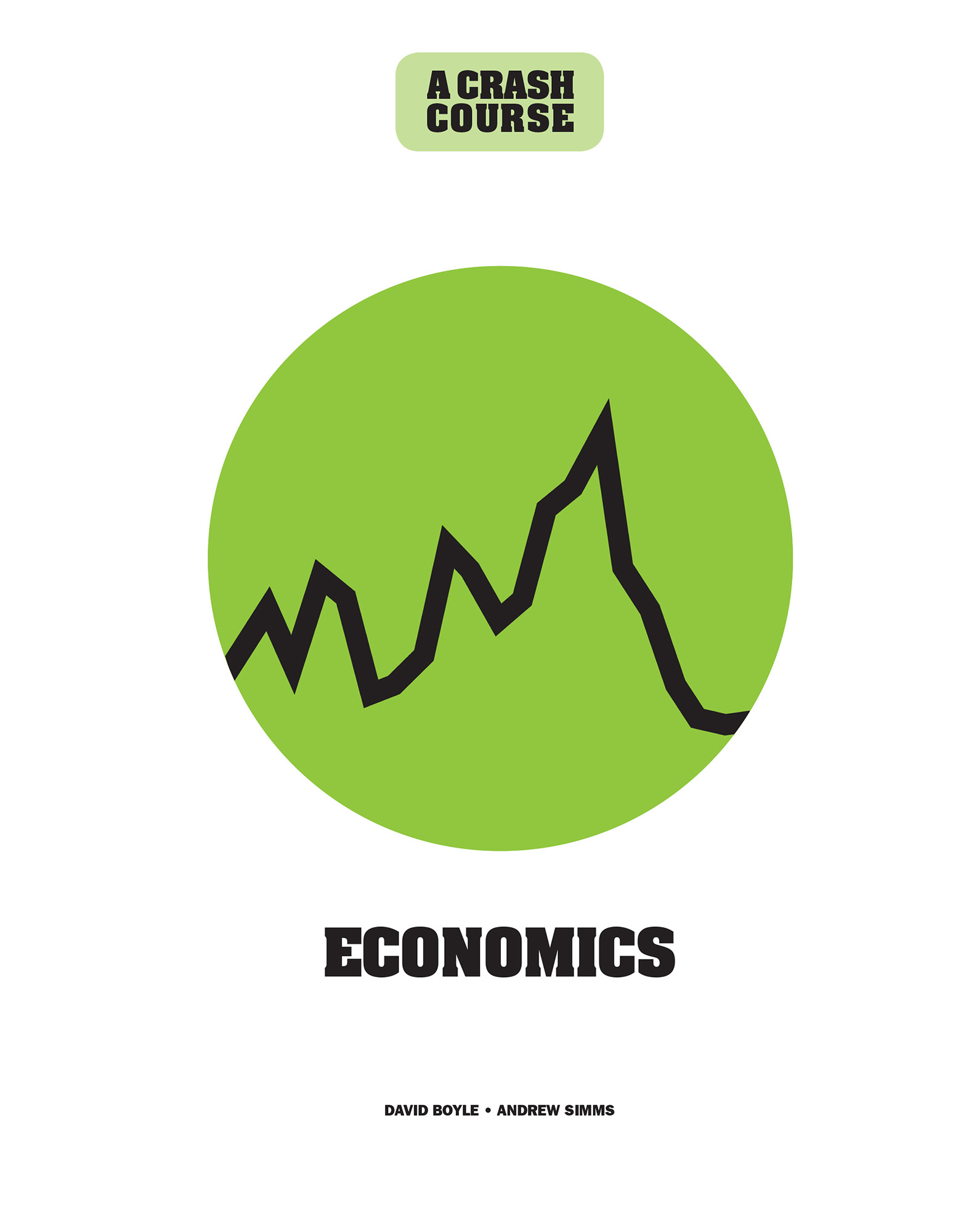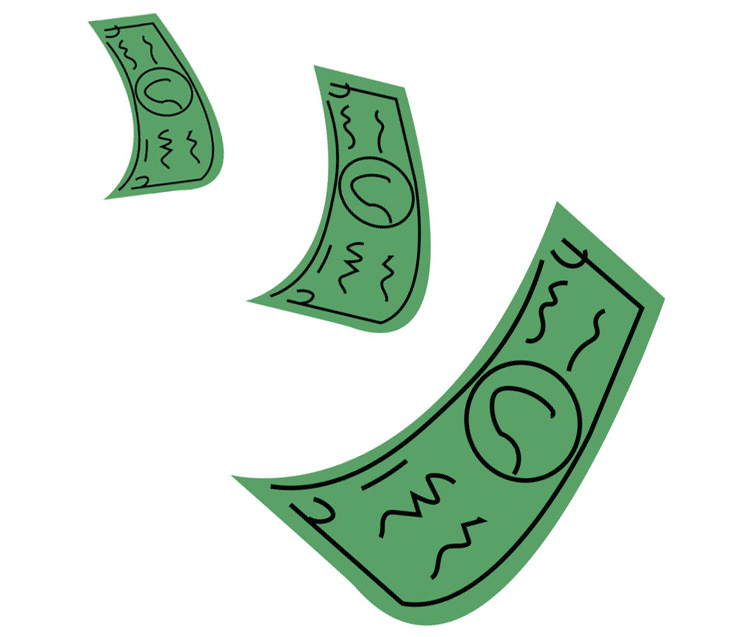Something has happened to economics recently. There was a time, not long ago, when economic ideas were a generally agreed, though narrow, set of principles. Then the continuing boom-and-bust cycleand one spectacular bust, in the form of the financial crisis of 20078combined with the failure of the best economic minds to ensure that prosperity spreads down through the economy as it is supposed to, has left a series of very obvious question marks. Suddenly, mainstream economics no longer seems quite so mainstream: from inside and outside the profession, a number of challenges and challengers have emerged, and especially from the so-called heterodox economists, who regard economics as part of a wider set of information that can be gleaned from the study of psychology, biology, and other disciplines. It now seems clear that, in search of a better understanding of how the world works, human beings and the planet have to be brought into the analysis. That is why we have structured this book in the way that we haveso that it covers the main economic ideas and history, then looks at some of the new directions that economics now seems to be heading in.
Past, present, and future
This books 52 topics intermesh in many ways, even if they are not entirely interchangeable. There are historical topics that might have slotted into any of the four chapters, for example, just as there are timelines that show how the debate has developed over the century. We regard economics as the story of a sometimes raucous conversation about prosperity and how to achieve it. The hope is that this slim volume will provide a new generation with a good grounding in the history of economics, and in such a way that they grasp the emerging debates as they unfold.

The first chapterEconomic Historygoes right back to the debate (a more recent conversation, in fact) about stone age economics and the purposes for which money was originally inventedwas it to facilitate trade, or did it originally have a more ceremonial function? The jury remains out on this and on so many of the other debates in this book. Generally speaking, the ideas in the history chapter are there because they are either fundamental to understanding economics in any period, or because they appear as a critical memory because they are now archaic as far as mainstream economics is concernedlike the medieval concept of the just price.
Although it disappeared from mainstream economics some time around the Reformation, the just price still exists in the background of economic debateeither explicitly, because people are campaigning against business behavior that previous centuries would have dubbed usurious, or because morality still lies behind so much modern economic discussion, and the way the world argues will always reflect this.
The elements of the Big Ideas chapter that follow are clearer. They are designed to build up a picture of the key ideas that have driven economics from the dawn of economic thinking, and which are likely to survive in some form or other into the future.
The third chapterEconomics and Peopleis more heterodox in its basic understanding. It derives from the various strands of modern economics that regard the discipline not as a set of truths unconnected with other elements of reality, but as a subset of the proper study of mankind, deriving insights into the way that money and economics works from the way that people actually behave. Such ideas remain controversial, and they challenge the general assumptions that young economists are encouraged to make. Is it true, for example, that people maximize their utility in every decision? Well, yes it is, but it depends how widely you define utility. Do people really spend more time shopping for themselves than they do for others? Probably not, and not even economists really believe this, but it sometimes suits them to assume it, because that is the model of the world they use.
It is also in this chapter that we cover some of the insights of feminist economics, especially the pioneering work by the former New Zealand MP Marilyn Waring, which has so changed the terms of debate, and in deference to which we have set out (almost) the same number of biographies dedicated to women as to men.
The final chapterEconomics and the Planetcovers some of the economic insights that have come from those whose expertise has been biological or environmental. That does not mean that the economics edge has to be excluded, just that the debate about money and prosperity needs to be seen through a lens of what is possible, given that the planet may be close to some of the limits of its sustainable renewing power. We make no apology for broadening the boundaries of economic debate in this waythe study of money and its behavior requires insights from other disciplines in order to formulate new arguments and insights.
The straitjacket of economic orthodoxy
We publish this book at a unique moment in the economics story. The post-autistic economics student protest in the 1990s, and the new economics movement that preceeded it in the 1980s, marked the first exchanges in a long-running argument at the heart of the economics establishment. In the UK, it began to gather momentum with agitation by Manchester University economics students to find ways to understand why mainstream economists had failed to predict the 20078 financial crisis. Students have been at the heart of this agitation ever since.
Economics as a discipline has been trying to free itself from a puritanical straitjacket of rigorously one-sided thinking. All big ideas in any discipline tend to become controlled and over-controlling in the end, and over-rationalized. This tends in turn to lead to narrow, sometimes puritanical, thinking. Over recent decades, economic orthodoxy has slowly managed to excise economic historyand with it, the study of alternative roads not taken. History and predictions, the past and the future, were rendered irrelevant to the specific issue of what needed to be done now to free up markets.
The inability of orthodoxy to predict the 20078 crash was just one element in the crisis of mainstream economics, and it has forced a measure of thoughtful reform. The other has been the failure of orthodox economic policy to improve the incomes of more than a handful of the richest. It wasnt what was supposed to happen.
The masters of economics were always bigger than their theories. For example, American economist Milton Friedmans idea of permanent incomewhich explains that governments cannot rely on brief, temporary stimuli to change peoples economic behavior, mainly because they will save (not spend) extra income until they are reasonably sure it will be permanentis an example of a wider theory deriving from the way people actually behave, not the way that economic theory demands that they should.


